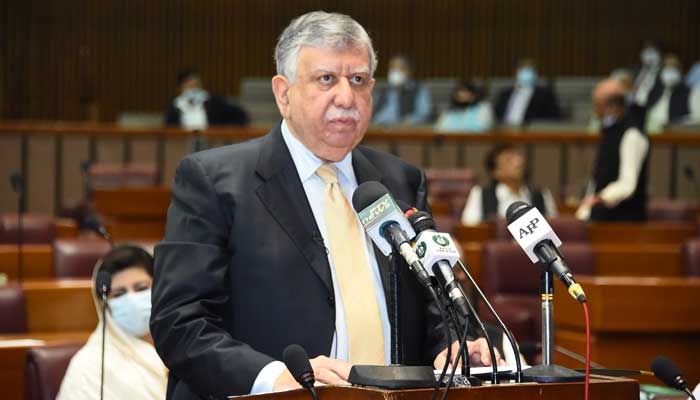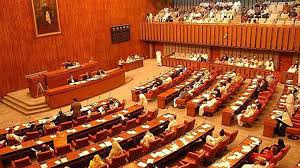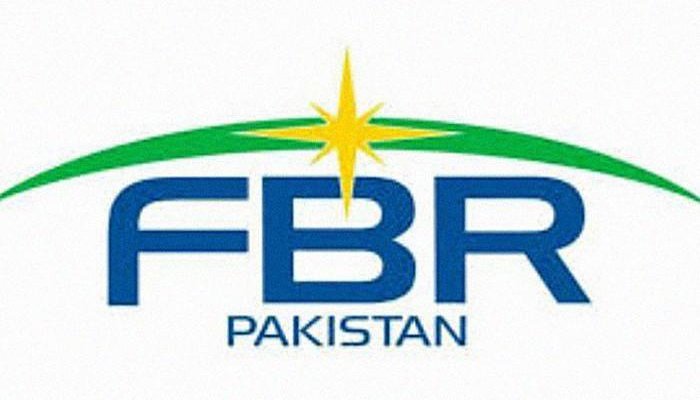Tax reforms to help bring Rs 20 trillion retail sector into tax net: Tarin
Minister for Finance and Revenue Shaukat Tarin Monday said the reforms measures being taken by the incumbent government would help bring the whole retail sector worth Rs 20 trillion into the tax net.
“The total sale of retail sector in the country is Rs 20 trillion, and Rs 16 trillion of it is not in the tax net,” he said while briefing the Senate’s Standing Committee on Finance and Revenue.

The committee continued its deliberations under the chairmanship of Talha Mehmood on the fourth consecutive day to finalize its recommendations on the Finance Supplementary Bill 2021. The minister said the Federal Board of Revenue had refunded some Rs 50 billion in six months, which had never happened in any government’s tenure.
He said the sale of pharmaceutical industry was around Rs 700 billion but it was paying tax on only Rs 100 billion.
A number of sectors like fertilizer, pesticide, and agriculture did not fall under the tax regime, he added. Shaukat Tarin said the International Monetary Fund wanted to tax RS 700 billion but the government brought the target down to Rs 343 billion through negotiations.

He said the IMF’s review meeting was postponed to January 28 on the government’s request. The minister said no additional tax was imposed on the infants formula milk of normal price, rather only expensive imported one was suggested to be taxed.
He clarified that all amendments pertaining to the tax were not being undertaken under the IMF’s pressure as the government already had the agenda to bring tax reforms for the socio-economic development of the common man.
The committee chairman asked the government take the parliament on board whenever it would opt for any IMF programme in future.
The minister said the government had a cushion of Rs 33 billion to provide subsidy on laptops and solar panels. He said the Federal Government was also considering to bring the agriculture income under tax and for that Punjab and Khyber Pakhtunkhwa governments had already agreed, while negotiations with the AJK and Gilgit Baltistan governments were in progress. “We will also convince Sindh and Balochistan in this regard.” He said the rise in exchange rate was due to international commodity prices and situation in Afghanistan.
The minister added that in order to promote tax culture, the government had launched a cash price scheme for the public. The supply chain could play an important role as Rs 15 trillion could be collect from that source.
Through track and trace system, cigarette and other industries were being brought under tax net, he added. With respect to the State Bank of Pakistan bill, the minister dispelled the impression of compromising the country’s autonomy.

The government successfully pursued the IMF to omit five important clauses from the bill. The employment period of SBP governor would be reviewed by the government itself.
While discussing the proposed Supplementary Finance Bill, the committee recommended withdrawing tax on desalination plants, and medical, surgical, dental and veterinary furniture. It also proposed to withdraw tax on machinery and equipment for development of grain handling and storage facilities, including silos.
The committee also rejected additional tax on imported yogurt, butter, Desi ghee, milk and cream. The meeting was attended by senators Farook Ahmed Naek, Saleem Mandviwala, Sherry Rehman, Mohsin Aziz, Zeeshan Khanzada, Musadik Masood Malik, Syed Faisal Ali Subzwari and Faisal Saleem Rehman.
